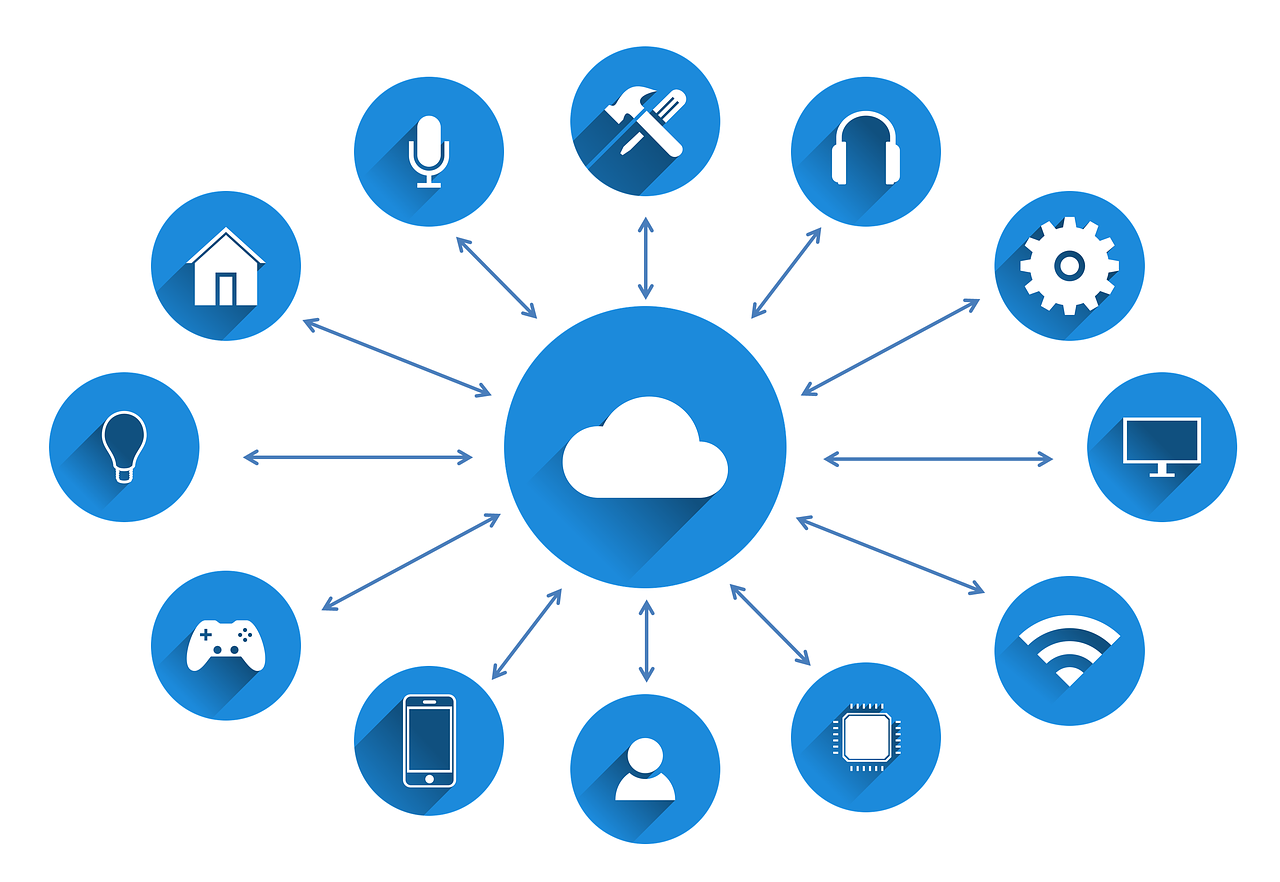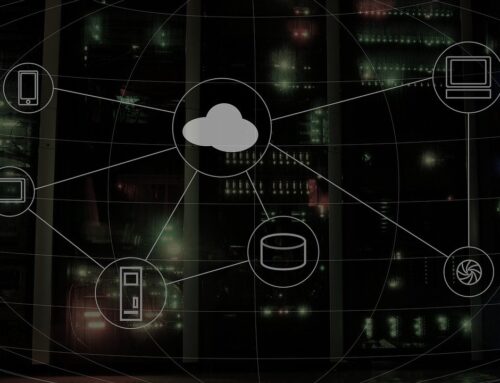Cloud computing has been an essential component of businesses’ digital transformation for many years now. And with the surge in the popularity of remote work in the past year, these services has risen even higher. Whether its infrastructure, software, applications, services, products, or even an operating system, everything is making its way to the cloud. As a result, billions of dollars are being invested in cloud migration. These cloud computing services are very easy to use and helps us save time and energy by using their well-prepared services.
Introduction to Cloud Computing
Cloud computing is Web-based computing that allows businesses and individuals to consume computing resources such as virtual machines, databases, processing, memory, services, storage, messaging, events, on pay-as-you-go basis. The pay-as-you-go model charges for resources as they are used. Unlike traditional computing, if you do not use any resources, you do not need to pay.
In this article, Realxposure will share the top 5 must know cloud computing platforms with short descriptions about them.
1. Microsoft Azure
Microsoft Azure is Microsoft’s public cloud computing platform. Azure is a public cloud computing platform—with solutions including Infrastructure as a Service (IaaS), Platform as a Service (PaaS), and Software as a Service (SaaS) that can be used for services such as analytics, virtual computing, storage, networking, and much more. Users can pick and choose from these services to develop and scale new applications, or run existing applications in the public cloud.
2. Amazon Web Services (AWS)
Amazon Web Services, Inc. (AWS) is a subsidiary of Amazon providing on-demand cloud computing platforms to individuals, companies, and governments, on a metered pay-as-you-go basis. AWS (Amazon Web Services) is a comprehensive, evolving cloud computing platform provided by Amazon that includes a mixture of infrastructure as a service (IaaS), platform as a service (PaaS) and packaged software as a service (SaaS) offerings. AWS services can offer an organization tools such as compute power, database storage and content delivery services.
3. Google Cloud
The Google Cloud Platform (GCP) is an assemblage of services that operates on the same infrastructure used to power Google Search, YouTube, and several other tech offerings.
Google Cloud is a reliable, user-friendly, security-oriented cloud computing service from one of today’s biggest tech giants. Although Google Cloud’s selection of services isn’t as vast as Azure’s, it’s still enough to fulfil all your IaaS and PaaS needs. User-friendliness and security are two of its headlines.
4. IBM Cloud
IBM cloud offers services such as Platform as a service and Infrastructure as a service. This cloud organization can deploy and access its resources such as storage networking and compute power with the help of internet. There are several tools which help the customer to draw on deep industry expertise. IBM cloud eliminates the complex problem and the problems which are faced by large companies. IBM Cloud computing services are also helping home appliance manufacturer, retailer, and medical supply businesses. It uses in because it offers the best services with the price as low as possible.
5. CloudLinux
If your company prefers building its own IT infrastructure rather than relying on a third-party provider, CloudLinux is the way to go. It’s not a cloud services provider; it’s a cloud platform to set up your in-house infrastructure. As we can understand from its name, it is a Linux based cloud system. Although working with CloudLinux sets you up with many challenges, it also has several perks and features, including complete control, flexibility, security, and deep customization.
Conclusion
If you look at how cloud computing has changed the world in the past decade then it shows a noticeable change in the data center. Microsoft Azure and AWS are neck to neck in the race of cloud supremacy. Both offer similar products, services, and costs. However, Google, IBM, and other clouds are getting better each day.
Cloud and the technology of artificial intelligence are intertwined and the way companies see cloud has changed from being an optional upgrade to being a business necessity. If there are some specific tools and services offered by other clouds, you may end up deciding upon alternatives as well. However, one size doesn’t fit all. You need to figure out what your needs are, and which cloud fits you the best.
Contact us at Realxposure to find out your best cloud fit!







Leave A Comment